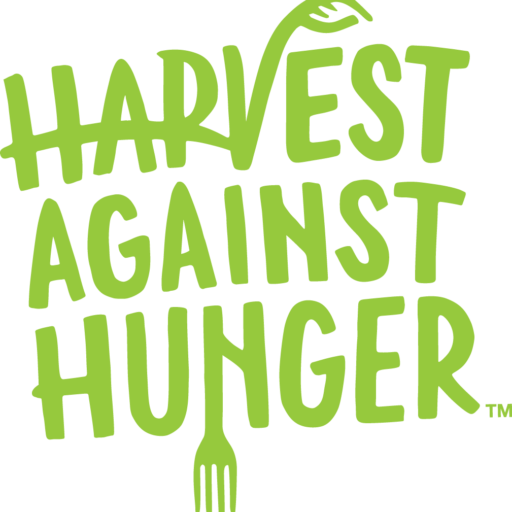How Can We Help?
This season we hosted a garden class at the farm, with an instructor from another organization. That class was for adults, and we also run an education program for kids. That program has two components; the summer program, run in partnership with the local Boys and Girls Club, and field trips. During our first year, we hosted one class from the Boys and Girls Club for an hour and a half-long session every week throughout the 8-week summer program. Field trips to the farm typically last an hour or two (depending on age), where they participate in garden and nutrition-related activities. While the program’s components differ in scale, they are based on the same theories and visions, so the following thoughts apply to both.
Consider the group’s cultural and language backgrounds. If you’re cooking food, cook a dish that most people will recognize and be excited to eat. There are lots of great children’s books that feature food from various cultures. Find one that the kids can relate to in your group. If there are multiple cultures represented, look for a children’s book in which the characters learn about each other’s food, such as The Ugly Vegetables or The Sandwich Swap. If there are non-English speaking kids in the group, be sure to accommodate their communication needs. If they’re coming from a school or other program, they likely have teachers or leaders who can interpret for them. Many garden tasks, such as harvesting, can be done with gestures and only a few words. With a non-English speaking group, focus on physical activities that will work for everyone. Plan activities in which kids get to share about their family’s cooking traditions. If you can, incorporate the vegetables they talk about into a subsequent lesson.
- Base the curriculum on the goals of the program.
- For field trips, ask the leader ahead of time if the group has specific topics or educational goals you might address.
- Guide for creating field trip plans.
For a longer program, decide on a focus and incorporate something related to that focus in each lesson. For example, your goal might be to give children an understanding of what plants need to grow. Each lesson can focus on one thing, such as water or soil, which is necessary for plant life. We create a Curriculum Outline that tells us the flow of the summer as a whole, and then Lesson Plans for each week’s class.
 Note that around middle school age, some kids are able to do delicate tasks such as thinning, while others don’t have that focus and are more suited to larger tasks, such raking or digging. You can ask the group’s leaders to split the kids up according to what kind of task they will succeed at.
Note that around middle school age, some kids are able to do delicate tasks such as thinning, while others don’t have that focus and are more suited to larger tasks, such raking or digging. You can ask the group’s leaders to split the kids up according to what kind of task they will succeed at.
Tailor the garden work to the age of the kids. Be sure to consider what kind of previous garden experience the group has had. Kids often don’t quite understand where their limbs end and the rest of the world begins. Make sure to emphasize rules regarding where to walk and what they can touch before doing anything in the garden. Kids are a great way to reach their entire family. Inviting youth groups to the farm can be an effective outreach tool.



